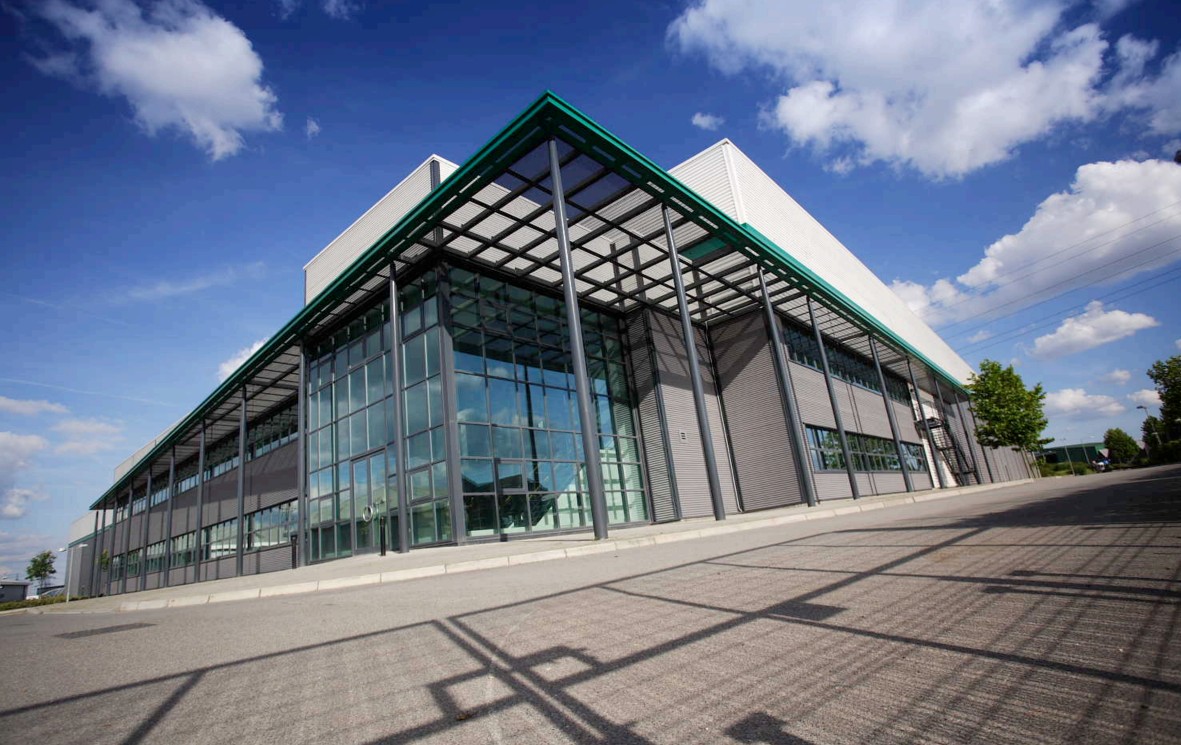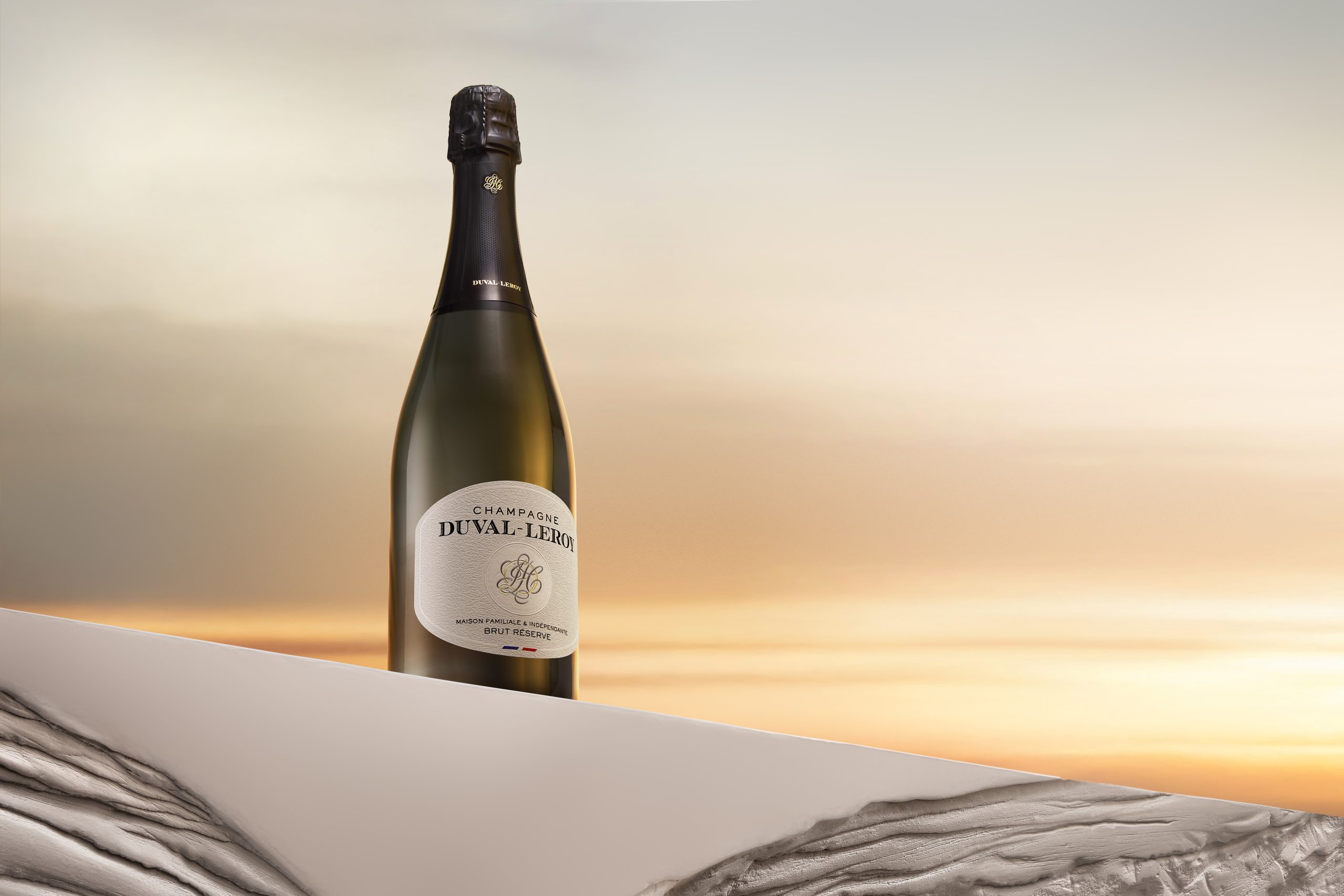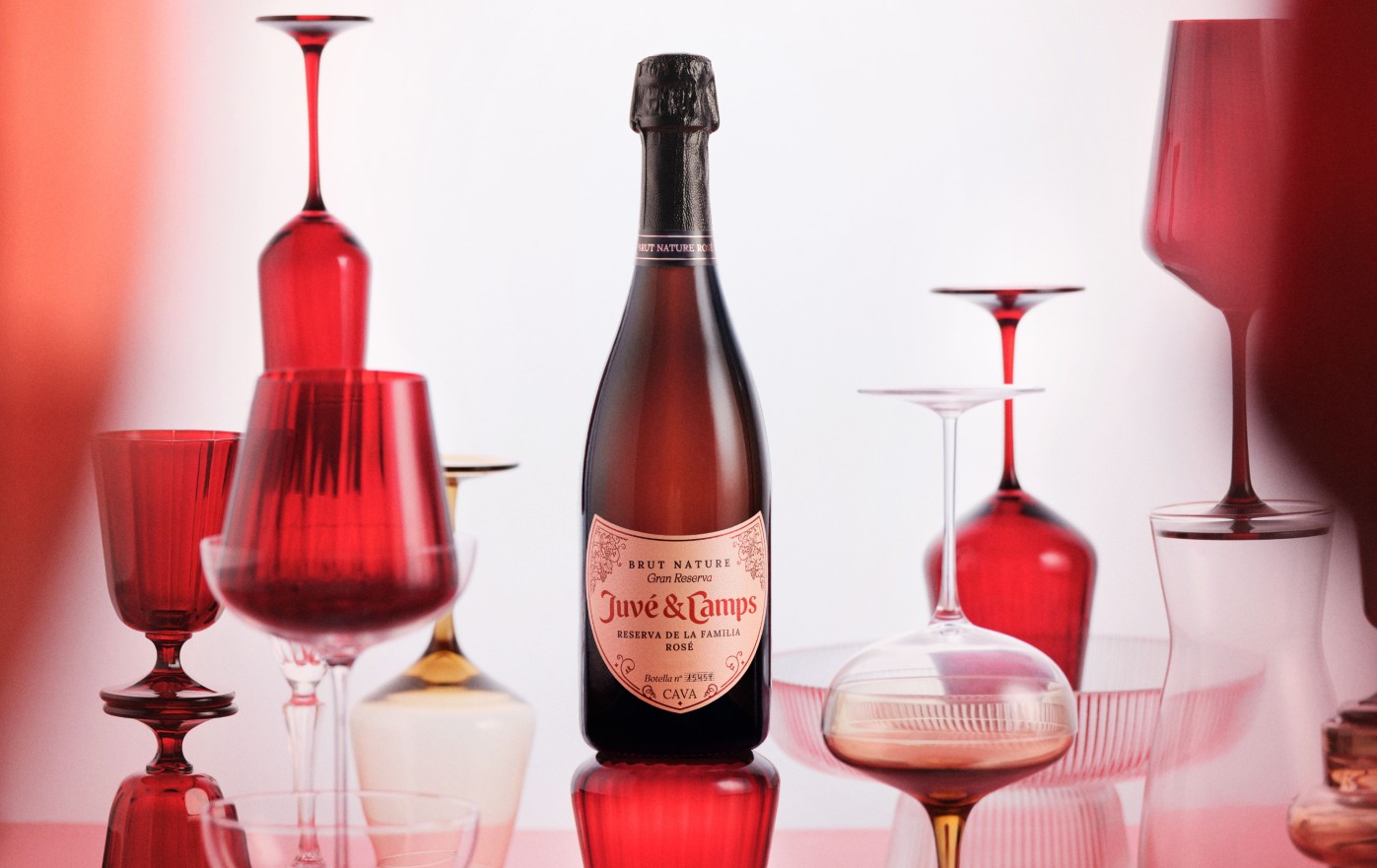Fine wine investment: Without a clue
What have ‘I’m sorry I’ll read that again’ and ‘I’m sorry I haven’t a clue’ got in common? For those of a certain vintage the answer will be that they are both hilarious and venerable radio shows. For those interested in the fine wine market that answer is Château Latour. Yes, they’ve read it again, and no, they haven’t a clue.
What they have once again read, or more accurately misread, is the attitude of fine wine investors AND consumers to their ex-château releases.
We have been here before, of course, indeed ever since Latour withdrew from releasing en primeur they have tried to offload physical stock at significant premia to the prevailing rate. And we don’t buy it.
This time it is a parcel of 2,000 cases of the 2011, the last vintage in fact in which the château participated en primeur. You can buy it in the market quite happily at £4,590 and Justerini & Brooks will give you a case for £4,600, and before we disclose the ex-château price Latour want for it we will digress for a second on to Wine Searcher.
Wine Searcher is best described as a fine wine price comparison website. Anyone who ever meanders into the market in search of a case of fine wine ought to be familiar with Wine Searcher, because the alternative is tantamount to forever walking straight past Lidl to do your bulk shopping at Waitrose. To pursue the Latour example alongside this analogy, the Waitrose award for the most expensive 2011 vintage currently sits with one merchant offering a case at £6,552 a dozen, another merchant with an offer of £4,590 is our Lidl.
So the question is, why would you pay the premium at the ‘Waitrose’, and the answer is of course you wouldn’t. A more penetrating question might ask why that merchant even bothers to exhibit such an out of touch offer, and we refer you to various high-end retail outlets in Knightsbridge for the answer. By extension you might wonder why anyone in their right mind would pay the 20% premium to Château Latour itself, their new ex-château release price being a hefty £5,460.
Why indeed? Let’s take the consumer first. When Latour chose to boycott en primeur it was ostensibly a response to “the increasing desire of consumers for ready-to-drink wines that have been stored in optimal conditions”, according to négociants who received the explanatory letter from Latour at the time.
As we have pointed out quite recently the UK government goes to some lengths to ensure that its bonded warehouses, in which wines are stored prior to release onto the market for consumption, are satisfactorily endowed with such temperature and humidity conditions as befit the storage of fine wine. These in effect replicate the cellars in the original châteaux, and most certainly in the newer storage facilities that châteaux like Latour have built in recent years.
By far the majority of wines consumed around the world come from a bonded warehouse, and although it is not inconceivable for a wine to be compromised somehow between château and bonded warehouse and consumer, in the extremely rare event this might have occurred, the owner is insured at replacement value, and if not insured it is entirely his/her own fault.
Partner Content
Hands up, therefore, anyone who might be able to tell the difference between ex-château stock and bonded warehouse stock. There is absolutely no reason whatsoever that anyone should be able to tell the difference, because there isn’t any.
When Latour announced the new strategy back in 2011, Jane Anson wrote an article suggesting that: “almost all (merchants) saw the effect on the end consumer as higher-priced wine, released in small quantities by the château to control circulation”. This is certainly the effect achieved by releasing at such a premium, assuming anyone buys it; but why should anyone, other than perhaps the owner of an uber-exclusive cellar comprising only ex-château wines, and we believe this to be a very small niche indeed.
It is almost pointless discussing the merits of buying ex-cellar Latour from an investment perspective, because there aren’t any. Investors by definition are keen to see a return on their outlay. You are obliterating a significant part of that return by not buying at the lowest possible price, and we at Amphora can assure everyone out there that the fact a wine is ex-château comes a long way down the list of reasons why anyone should own it if it is not at the right market price. It is no easier to sell, and there is no further secondary market premium.
None of the above is to denigrate Latour as a winemaker, obviously, because as such it is up there with the very best. Its second wines, Forts de Latour 2009 and 2010 are particular investment bargains at the moment, and have started to move ahead in the recent advance. We are wary of the Grand Vin vintages as investments, however, because nothing appears exceptional value in algorithmic terms, and because you never know when a tranche of ex-château is going to land on the market.
We have heard suggestions that placing wine at a premium might drag up the prices of open market stock. ‘If this is what Latour think it’s worth, perhaps the market is wrong’, sort of touch. This is nonsense, in our experience. All it is, is a further tranche of not especially welcome supply. In the stock market if a company issues new stock it is invariably at a discount. This improves marketability and if it is well received it improves the corporate profile. Sadly Latour’s ex-château releases do quite the reverse.
That said, we should not be suggesting that Latour are wrong to do this if they can indeed find buyers for it. Good luck to them if so! All we propose is that in the real world most of us inhabit, to buy at £5,460 (for such is the ex-château offer price) when it is available 20% cheaper in the open market is beyond the reason of most people. Unless you have particularly good justification there is no need to do it.
Philip Staveley is head of research at Amphora Portfolio Management. After a career in the City running emerging markets businesses for such investment banks as Merrill Lynch and Deutsche Bank he now heads up the fine wine investment research proposition with Amphora.





I can only speculate, but I suspect there are some consumers/investors who prefer to be the first owners of a product for provenance reasons. Whether they will pay a 20% markup is hard to tell, but it would surprise me too much.
Gediminas